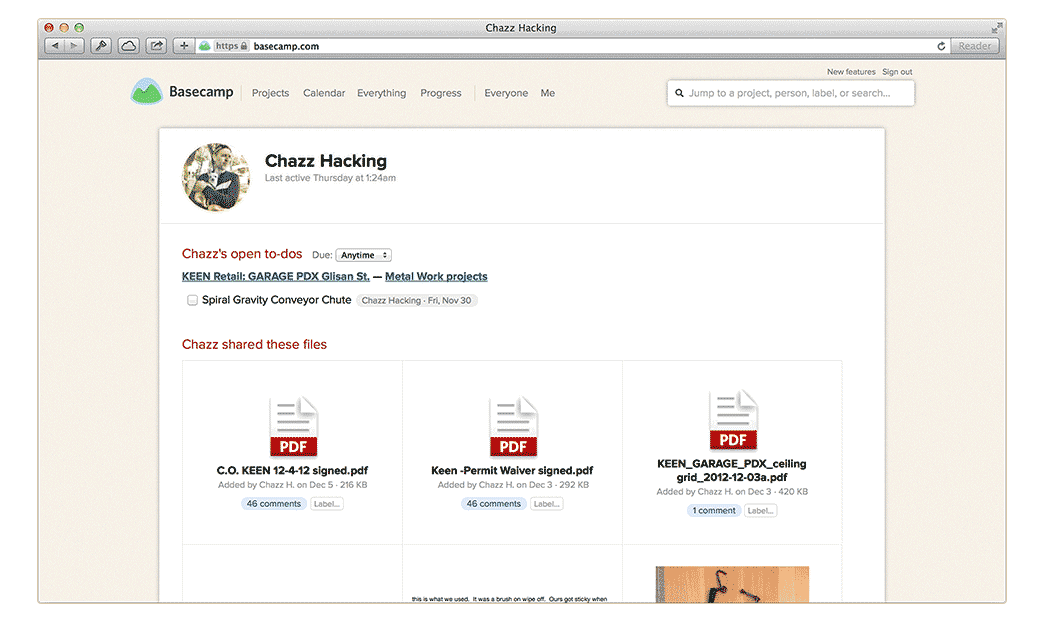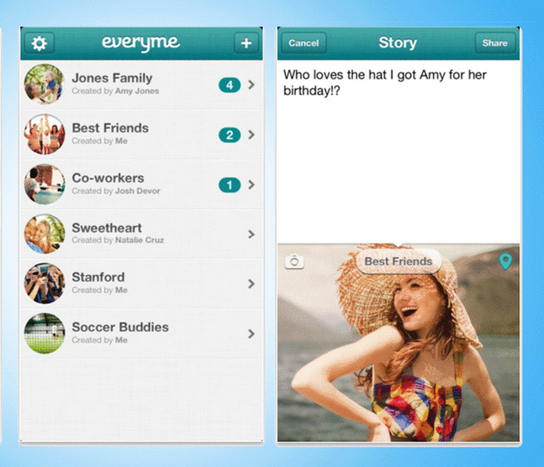How can an arts organization keep its board active and engaged? That question is as old as the institution of the board itself. A number of resources are dedicated to answering the question, and yet many non-profit arts organizations find it difficult to keep board members interested and on task.
It is difficult for board members to connect with the activities of the organization merely by attending quarterly meetings in sterile rooms. How can the passion that brought board members to the organization be reinforced if they are not directly (or even indirectly) experiencing the impact of the organization’s activities? This issue is particularly salient for arts organizations, where it is difficult, if not impossible, to demonstrate on paper the true impact of the organization’s activities.
Software specifically designed for board management is a growing market with the potential to address board engagement through unique and pervasive methods. One way to keep a board member’s attention is to improve the level and quality of communication with the organization. Some board members regularly miss meetings. Even those that do attend often misplace the stacks of paper passed around during the meeting. Streamlink Software’s Steph Duglon explains how cloud-based document management software, such as Board Max, keeps board members on the same page by providing up-to-date master documents that are accessible from any mobile device. With Board Max, all board-related documents are stored in a central location, not housed in one person’s laptop or passed around in a binder. As a result, board members can login and access meeting minutes, updated regulations, and financial documents. Some software, such as Basecamp, tracks changes to documents in real time and allows for conversations between collaborators.
Image Courtesy of Basecamp.com
Another way that technology can help engage the board is by raising exposure to the art. The more that board members resonate with the activities of the organization, the more seriously they will take their role. Private social networking apps can be used to share videos, discuss ideas, and share takeaways from recent performances, exhibitions, or other events. Consider creating a group for your board members on EveryMe, a free, easy-to-use private social networking app. EveryMe allows users to post images, videos, and stories to share with their groups. This way, board members can connect online by privately sharing inspirational thoughts, ideas, and stories from their interactions with the organization. For example, if a board member attends the organization’s performance and has an impactful conversation with a young audience member, she can share her story on EveryMe and another board member can become inspired on his iPad halfway across the world.
Image courtesy of Mashable.com
Computer technologies have made it easier than ever for board members to engage with their organization. Nonprofit art organizations must capitalize on this opportunity and work to integrate software and applications into how they work with their boards. By doing so, they will be better able to keep board members engaged, informed, and involved with the work of the organization.



